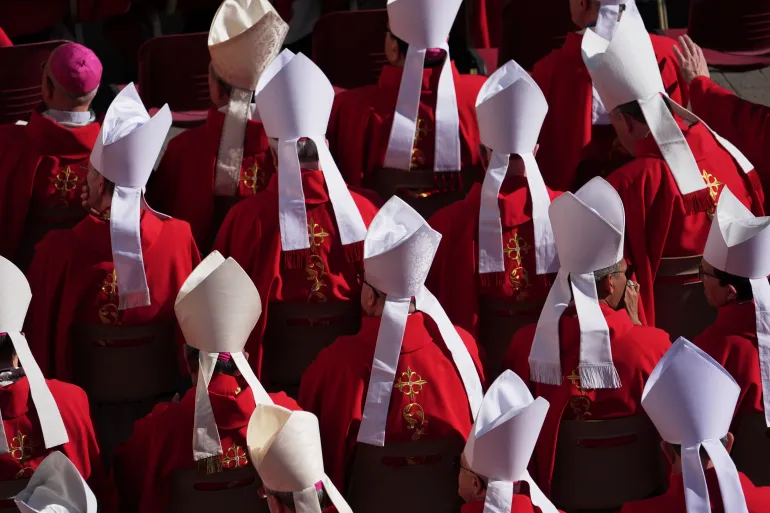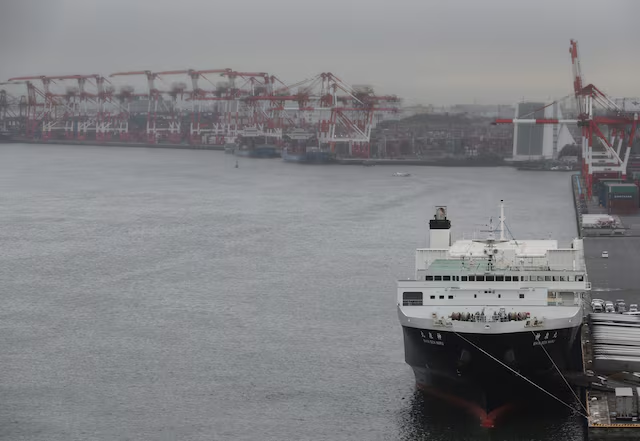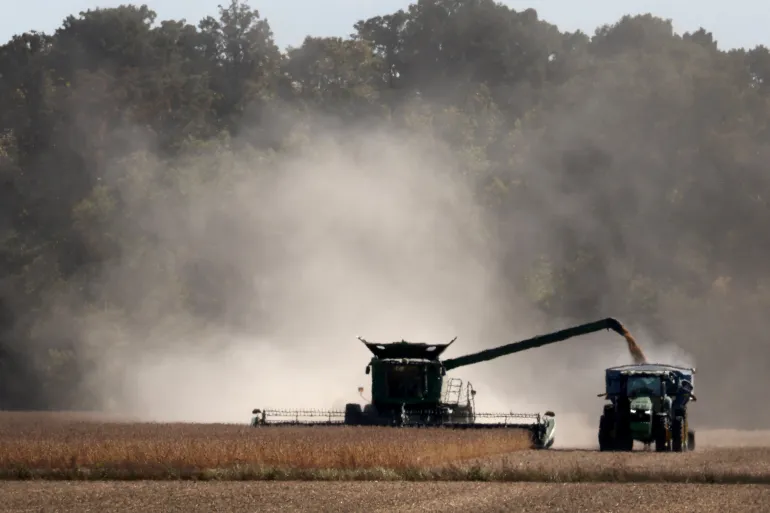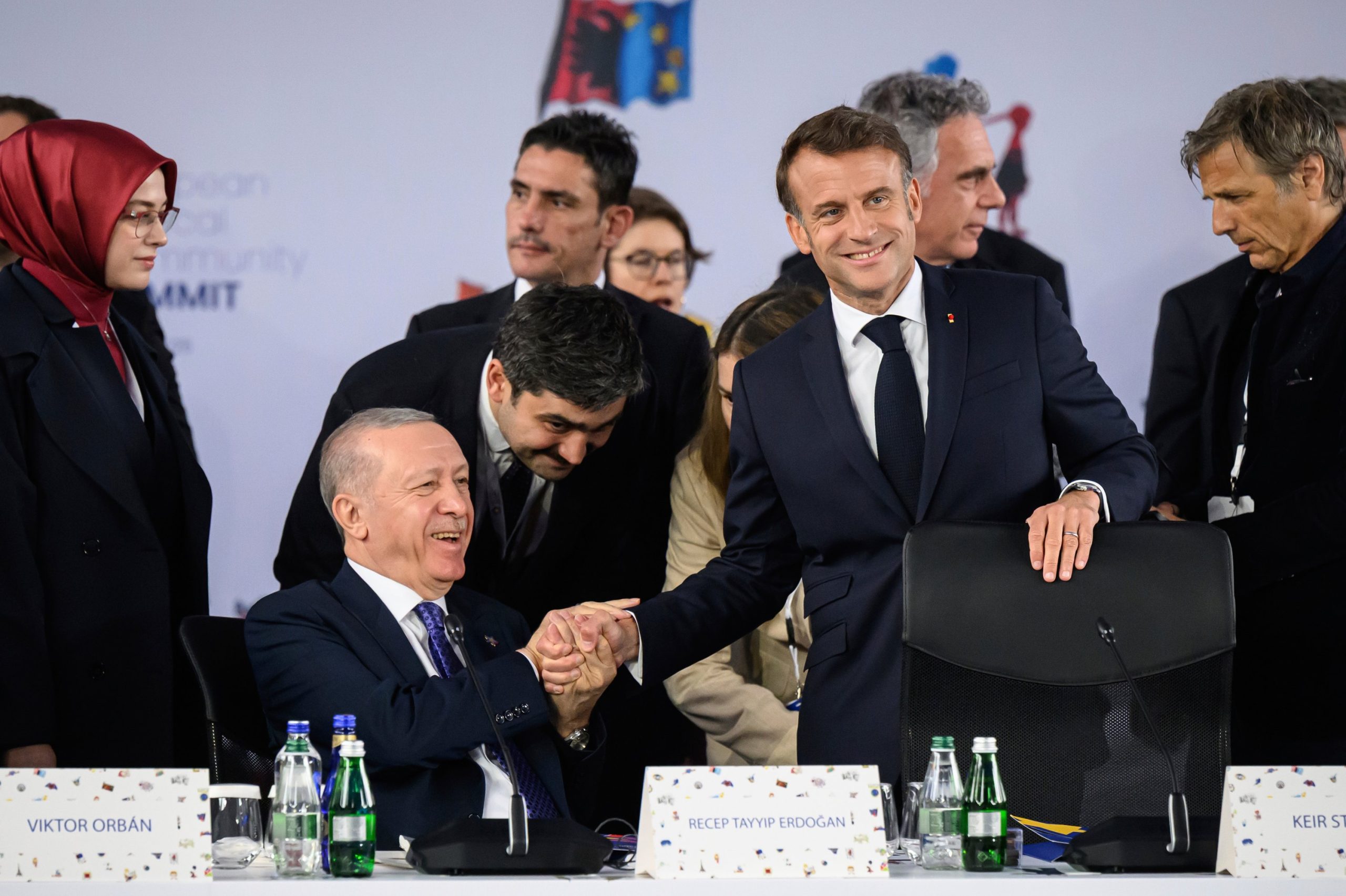VATICAN CITY – With the papal conclave set to begin on May 7, speculation is mounting over who will succeed Pope Francis as leader of the Roman Catholic Church. The gathering of 135 cardinals under the age of 80 will take place behind closed doors in the Sistine Chapel, where they will vote to elect the next pope. Several prominent candidates have emerged, each bringing distinct regional perspectives and theological approaches to a Church facing significant global challenges.
One of the most widely discussed contenders is Cardinal Luis Antonio Tagle of the Philippines. A former Archbishop of Manila, Tagle currently serves as Pro-Prefect of the Vatican’s Dicastery for Evangelization. Known for his warm, approachable style and progressive tone, he has emphasized inclusion and compassion for marginalized communities, including single mothers, divorced Catholics, and LGBTQ+ people. While admired for his pastoral leadership, Tagle’s critics point to his perceived silence on political repression in the Philippines and his management of abuse-related controversies during his tenure at Caritas Internationalis.
Cardinal Pietro Parolin, the Vatican’s longtime Secretary of State, is another frontrunner. An experienced diplomat, Parolin has shaped many of the Holy See’s foreign relations over the past decade, including its controversial accord with China on the appointment of bishops. His extensive curial experience makes him a practical choice for those within the Church seeking administrative continuity. However, he has come under fire for allegedly blocking external investigations into clerical abuse, which could affect his prospects among cardinals prioritizing transparency and reform.
From Africa, Cardinal Peter Kodwo Appiah Turkson of Ghana is often cited as a strong candidate. A former head of the Dicastery for Promoting Integral Human Development, Turkson is respected for his vocal advocacy on economic justice, climate change, and social equity. At age 76, his election would mark a historic first for the Church—naming a Black African pope. Though widely respected, some observers argue that his age and at times cautious public statements may hinder his momentum.
In Europe, Cardinal Peter Erdo of Hungary offers a more conservative vision for the Church. The 72-year-old canon law expert and Archbishop of Esztergom-Budapest has been active in theological scholarship and interfaith outreach in Eastern Europe. Erdo is viewed as a stabilizing figure by those seeking to reaffirm traditional doctrine in an era of cultural change, though his alignment with Hungary’s nationalist political leadership could draw criticism from more liberal quarters of the Church.
Also under consideration is Cardinal Pierbattista Pizzaballa, the Latin Patriarch of Jerusalem. With years of experience in the Middle East, including in interfaith dialogue and conflict mediation, Pizzaballa brings a diplomatic and grounded approach to leadership. His close involvement in one of the world’s most religiously sensitive regions could appeal to cardinals seeking a global and pastoral focus. However, he is relatively new to the College of Cardinals, which may reduce his chances in a conclave traditionally favoring longer-established figures.
While these candidates have received the most attention, papal elections often produce unexpected outcomes. Pope Francis himself was not considered a leading contender ahead of his selection in 2013. A compromise candidate could still emerge during the voting process, especially if the cardinals are divided along regional or ideological lines.
The next pope will inherit an institution grappling with a host of pressing issues: sexual abuse scandals, growing secularism, internal dissent, and geopolitical instability. Whoever is elected will face the task of preserving the Church’s unity while addressing a rapidly evolving global religious landscape.
The world now turns to the Vatican as the College of Cardinals prepares to select the 267th successor to Saint Peter.
Source; Al Jazeera



